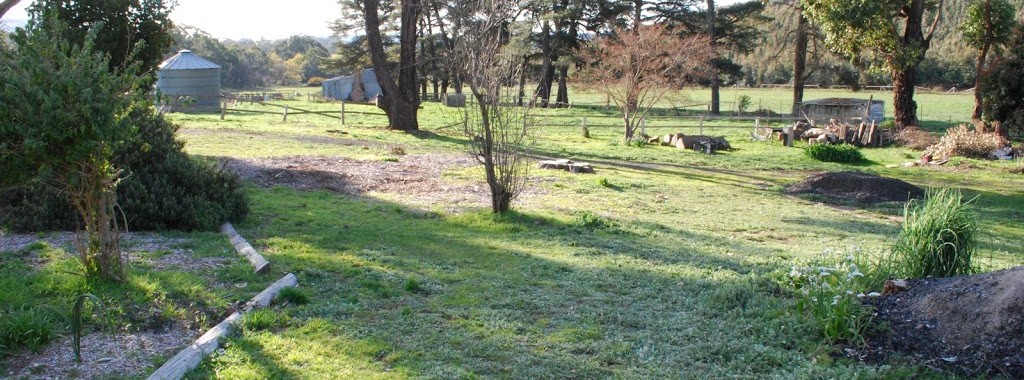All too often in youth work we are forced to commit ourselves to shallow engagements with young people. Whether because of funding, policy or staffing constraints we are required to put aside relationship building to satisfy paperwork for bureaucrats. More and more young people are crying out for real support from youth workers, and more and more the squeeze of the bureaucrat tears our loyalty and professionalism in two. How can young people trust us when we can’t offer them the basis of trust…time?
In my mid twenties I was seconded to a small rural drug and alcohol rehabilitation centre as their Assistant Manager. I was excited. However that excitement barely lasted my first week. I was tasked with transforming the service into a dual diagnosis rehabilitation facility by our government benefactors within very stringent time lines and policy environments. One of my constraints was that a maximum stay with our service was eight weeks with many young people leaving before the sixth week. The government saw this as young people having an inability to stick at rehabilitation. I saw young people who did not trust the staff and could not develop lasting relationships in six weeks being oppressed by a system set up to help them.
I advocated for a change to our constrained time frames and was blocked. We showed client feedback and were countered by vagueties and innuendo. We even provided cost benefit analysis to the minister showing the need. Nothing. The idea of engaging with young people beyond a surface level was one which we just could not get the bureaucracy to understand. This led me to become as Schwartz and Sharpe (2011) a canny outlaw, Trading conventional wisdom for practical wisdom. I found every opportunity to keep a young person on for a second stay. I developed links to supported accommodation and provided staff to outreach to the young people. My rationale was that if we were to really effect change in our young peoples lives then we had to gain their trust and that required a deeper engagement than six weeks could provide. It was during this time that I began to develop my understanding of the need for deep engagement as a pillar of successful youth work practice.
Young people are seeking genuine care from youth workers. Care built on developed trust. To build this trust we must share life with our young people and this can only happen by spending time with them. I have worked in many corners of the youth sector, government departments, residential care, family services, homelessness and ministry; the same issue exists in every one of them. Policy constraints, lack of funding and a lack of trust from our young people. If we wish to turn the tide of societal disintegration we have to step into the gap. Our identity as youth workers places us in that gap. We believe that young people should have every opportunity to develop and the best way for that is to engage as deeply with them as possible. Sharing in their struggles, triumphs and developing a trust that can only come from a shared path.
We are accountable to many stakeholders as youth workers. In this role we must hold our accountability to our young people as our highest duty. To provide the best practice possible to our young people we must engage deeply and build trust. But how do we do it I hear you say? It is no easy feat. We will have to move counter culturally to the norm of current youth work practice. We must spend more time with our young people in meaningful activities rather than one hour appointments.
Deep engagement is difficult in our current service system however, it is the only way to build the foundation to work with young people to change their trajectory. Deep engagement is the benchmark for youth services provided by the team at Ultimate Youth Worker. It is also the central concept in all of our teaching, supervision and coaching around client engagement. We believe this so intensely that we routinely pass up work that is not geared towards enhancing engagement with young people. This is our number one imperative when working with young people. If you are not willing or able to engage deeply with young people do not engage at all!
In coming months we will discuss how to engage deeply with young people, however it may require you to shirk the ‘rules’ imposed on you. Are you willing to become a ‘canny outlaw’ to support young people more effectively?



This post is pure awesomeness. So unbelievably spot on. Resonates deeply with me, particularly the frustrations of statutory work but is also a pure joy to read as you totally ‘get’ what it takes to successfully work with young people. If you were on stage right now I’d give you a standing ovation.
Pingback: Mental State Exam for youth workers: Behaviour. | Ultimate Youth Worker
Pingback: The Habit of Youth Work: Excellence in all we do. - Ultimate Youth Worker
Pingback: Youth work in the court system: its extremely important
Pingback: Relational youth work. - Ultimate Youth Worker
Pingback: Why young people need youth work more than ever. - Ultimate Youth Worker